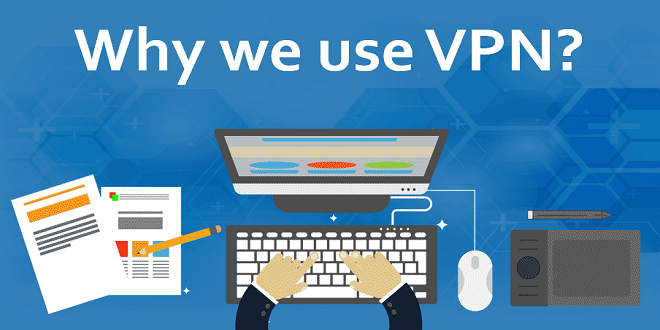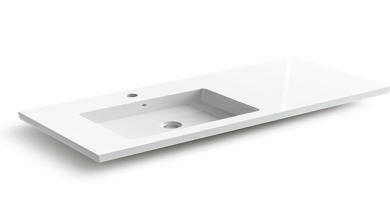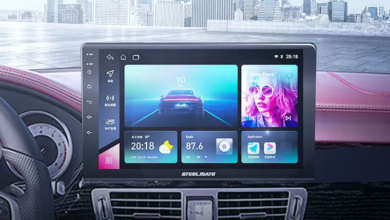Ever worried about what someone might see of your internet activities? It’s a valid concern, given the many forces that are against your privacy. A VPN can be used to protect you from data breaches while surfing the web, particularly when using public wi-fi networks. This is true regardless of whether you are working from your home, office, iPhone or anywhere else. This guide will answer all your VPN-related questions.
Why would you need a VPN?
Privacy from the Apps and Services You Use
Surfing leaves behind traces that corporations can use to track you and deliver targeted advertisements. To surf anonymously and protect your privacy, set up a VPN connection for free to avoid being tracked by marketers. The IP address of your device is hidden so that no one can see what it’s doing.
This will provide security on Public wi-fi
Surfing the internet is risky, especially if you’re using public wi-fi networks. You could be viewed by someone watching you online, regardless of whether you are answering your emails in a local coffee shop or browsing social media at an airport. A VPN connection can be used to surf anonymously and protect your data from hackers. It encrypts all data sent or received. This will protect your passwords and financial information.
This will allow you to bypass geo-restrictions
A VPN can allow you to access geo-restricted content. Masking your IP address can trick a content provider to believe you are surfing in another country or region that allows access. To verify what is allowed, always read the Terms of Provider Agreements for any streaming service and make sure you follow their regulations. Remember that using VPNs to bypass regulations in other countries could lead to legal consequences.
Protect your data from your Internet Service Provider
Hackers are less likely than with a public network to access your home wi-fi. Your internet data can still be accessed by your internet service provider (which you pay each month for wi fi). Your Internet service provider (ISP), can track when, where and how much you surf. Even if you select the “private” mode of surfing, your information could be collected and sold to advertisers. This information could also be dangerous if there is a data breach. Your IP address is not known by your Internet Service Provider if you use a VPN.
On which devices can you use VPN?
Avira is one of the most popular VPN service providers. OpenVPN works on Mac, Android and Windows. It also works with Linux, iOS, Android, Windows and Linux. This is in contrast to other protocols which only work on certain operating systems. If you need to use your VPN service across multiple devices, an open VPN standard is a great option.
How do you set up a VPN?
Here are some steps to help you get started.
Install a VPN on your Android device
It is easy to set up a VPN on your Android or iOS device. Configuring an app from the App Store should be easy.
Setup a VPN on Windows 10
Click on the Windows button and then click Settings > Network > VPN. You can add a VPN connection.
Select Windows (built in) as your VPN provider. Enter the name of your VPN, and then enter your password and sign-in information. Save your progress.
Tech advancements impact society by shaping communication, commerce, and innovation. As technology evolves, businesses must adapt to meet changing consumer needs and expectations while staying competitive in the market.
From enhancing productivity to providing new avenues for growth,
technology plays a critical role in driving progress and transformation across industries. By embracing digital tools and solutions, companies can revolutionize their operations, streamline processes, and reach a wider audience. In today’s fast-paced digital landscape, staying ahead of the curve is essential for long-term success and sustainability.






